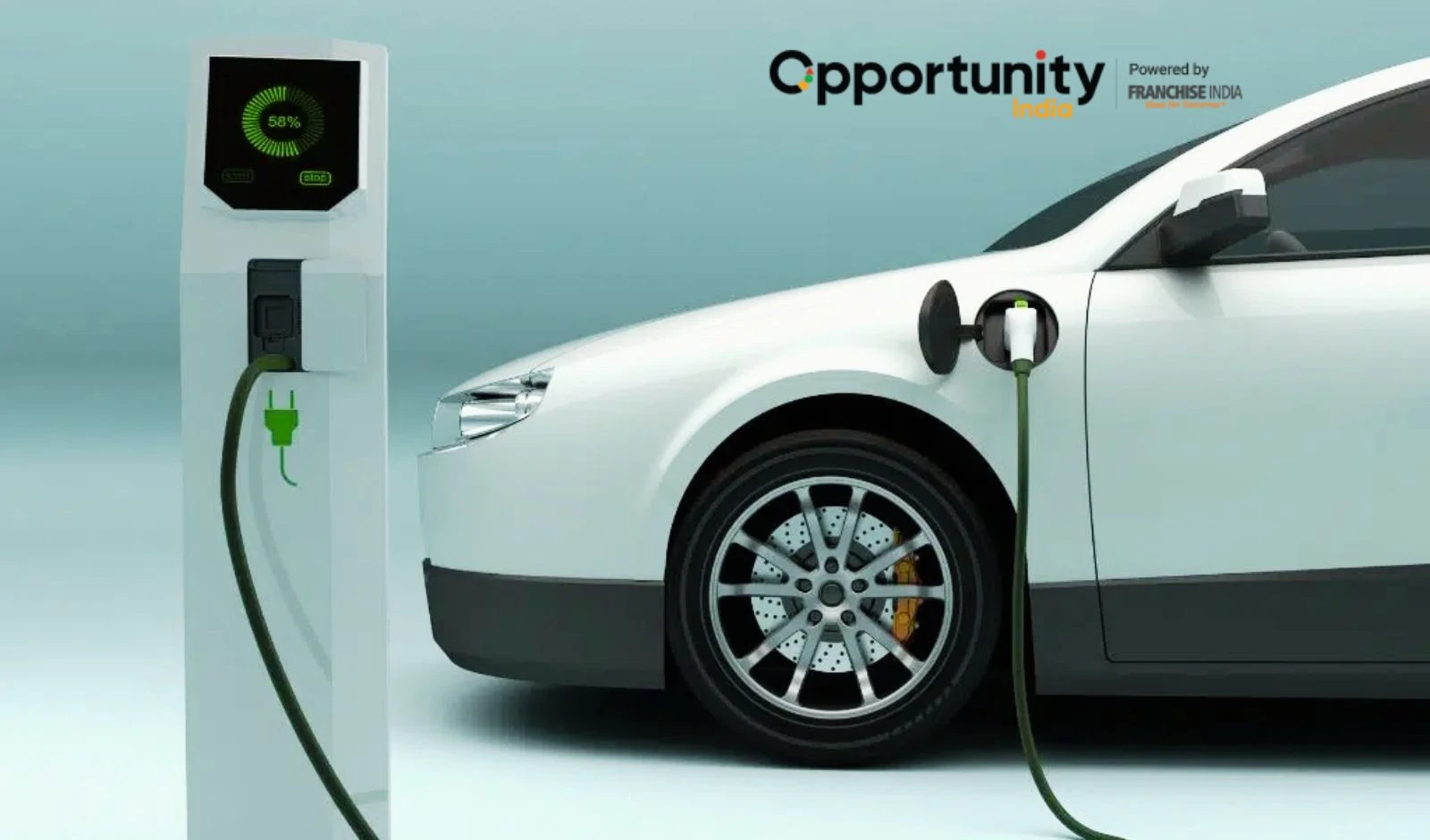
To promote electric vehicles (EVs) in India, the government has introduced several comprehensive schemes that not only support environmental conservation but also boost indigenous manufacturing and technological advancement. With increasing pollution and reliance on fossil fuels, the adoption of EVs has become the need of the hour. In this direction, the government's effort is to establish a robust EV ecosystem across the nation.
Major Schemes and Their Impact
One of the most significant schemes is the FAME India (Faster Adoption and Manufacturing of Hybrid and Electric Vehicles), whose second phase ran from April 1, 2019, to March 31, 2024. Under this scheme, financial assistance was provided for electric two-wheelers, three-wheelers, and four-wheelers, along with a strong push for the establishment of public charging stations. With a budgetary support of ₹11,500 crore, FAME II played a pivotal role in driving EV adoption in India.
Recently, the government launched the PM e-Drive Scheme, which will be effective from April 1, 2024, to March 31, 2026. With a budget of ₹10,900 crore, this initiative aims not only to promote EVs but also to upgrade testing agencies and create a favorable environment for electric trucks, buses, and ambulances. This move is seen as a major step towards strengthening the overall electric mobility landscape.
Encouraging Battery Manufacturing
To achieve self-reliance in battery manufacturing, the government launched the Advanced Chemistry Cell (ACC) PLI Scheme, with an outlay of ₹18,100 crore to promote the production of 50 GWh of ACC batteries. The objective is to create a competitive domestic manufacturing ecosystem that reduces import dependence.
Additionally, the Production Linked Incentive (PLI) scheme for the auto and auto components industry, with a budget of ₹25,938 crore, is designed to attract investments in the development of advanced automotive technologies in India. This is expected to enhance the country's global competitiveness in EV manufacturing.
Promoting Public Transport Electrification
The PM e-Bus Sewa Scheme aims to deploy over 38,000 electric buses across the country. The scheme also includes a payment security mechanism for operators, ensuring a stable and strengthened public transport system.
To support EV charging infrastructure, the Ministry of Power has released new guidelines covering installation, operation, and technical standards for charging stations. Furthermore, the Ministry of Finance has reduced GST on EVs to 5%, making them more affordable, while the Ministry of Road Transport has exempted battery-operated vehicles from permit requirements and road tax.
Building Confidence Through R&D and Innovation
Government initiatives have not only attracted investors but also instilled confidence among consumers. As the charging infrastructure improves and technology becomes more accessible, India is moving rapidly towards electric mobility.
Research and development spending on engineering, product design, and development is also considered eligible investment under PLI-Auto, PLI-ACC, and SPMEPCI schemes. Under the Capital Goods Scheme by the Ministry of Heavy Industries (MHI), up to 80% of the cost for R&D projects, including EVs, is supported, especially when these are based in institutions like IITs and IISc. The remaining 20% is funded by industry partners.
Centers of Excellence have been established for developing critical technologies not currently available in India, including those related to electric vehicles. Under the PM e-Drive scheme, ₹780 crore has been allocated for upgrading testing agencies specifically for EV testing. This will also support R&D efforts in the automotive industry.
Advanced Battery Technology Development
Under the Department of Science and Technology (DST), the International Advanced Research Centre for Powder Metallurgy and New Materials (ARCI) in Hyderabad has developed multiple advanced battery technologies:
- Development and validation of materials for lithium-ion, sodium-ion, and lithium-sulfur (Li-S) batteries.
- Cobalt-free high-voltage cathode materials such as LiMnFePO4 and LiNi0.5Mn1.5O4 for high-energy Li-ion applications.
- High-performance NVP cathodes and bio-waste-derived hard carbon anodes for Na-ion batteries.
- Stable Li-S battery cathodes using metal oxide-modified carbon-sulfur composites.
- Cost-effective phase change materials (PCMs) for battery thermal management systems.
- Development of aluminum-ion batteries as alternatives to Li-ion for EV and ESS applications.
- Hybrid models for rapid lifetime prediction of Li-ion and other battery systems.
- Eco-friendly electrode manufacturing processes (wet and dry methods).
A new technology to alter the microstructure of metals (like steel and aluminum) to absorb, store, and convert thermal energy more efficiently—improving energy devices’ performance and durability.
Conclusion
The Indian government has taken multi-dimensional and visionary steps to boost the EV sector, including policy formulation, financial support, R&D, and infrastructure development. Through schemes like FAME II, PM e-Drive, and PLI, electric vehicles are not only becoming accessible to the common public but are also pushing the country towards self-reliance in battery and EV manufacturing.
The expansion of charging networks, GST reductions, exemptions in road tax and permits, and advancements in battery technologies are collectively positioning India as a key player in the global EV revolution. These initiatives clearly indicate that in the coming years, India will emerge as a leading nation in electric mobility—enhancing environmental sustainability, energy security, and economic growth.

